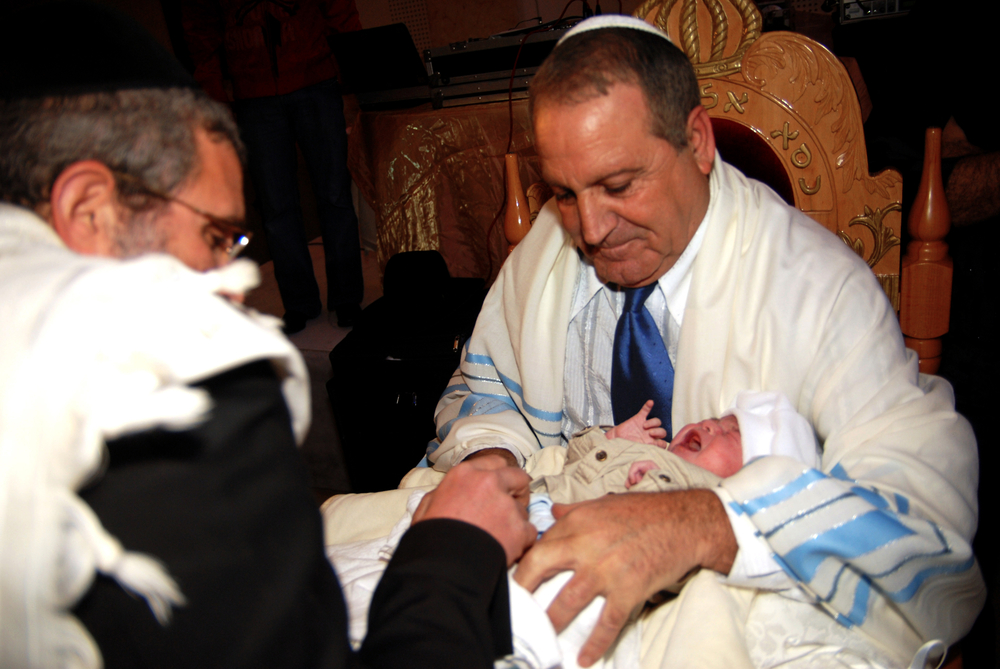The group set out one cool summer morning, looking forward to the challenge ahead. The four friends had grown up together in a small town on the edge of the desert, and were all intimately familiar with the wilderness. As children, they would explore the caves and gullies just beyond the last buildings, and they had spent many long, hot days hiking and climbing, overcoming the challenges presented by the terrain. Their experience grew with each passing year, and by the time they went off to college they were acknowledged as the undisputed masters of the desert. The years went on and life set in, but they would make a point to return each summer to their childhood hometown for a five-day excursion in their old stomping grounds. These were no amateur hikes in the woods, though. Each year they would select, after extensive research, a grueling course that would test their mettle. This year, they were venturing deeper into the wilderness than they ever had before, looking to blaze a new path on untrodden ground. They set out in a jeep loaded with supplies, following the compass to their selected trailhead.
The first day went successfully, as they scaled cliffs and rappelled down ravines to the first water hole, where they camped for the night. It was in middle of that first night, however, that the trouble occurred. Rolling thunder and flashes of lightning heralded the arrival of a sudden storm, with torrents of rain and sliding mud accompanying. The group barely had enough time to scramble to safety when a flash flood tore through the ravine they were in – they were lucky to escape with their lives. But their lives were all that they escaped with; all of their gear was swept away in the raging river that had suddenly materialized. This was a predicament they had never faced before. They were stuck without food or water, all of their climbing gear had washed away, and even their emergency kits had been stowed in their packs. Worst of all, they wouldn’t be missed for almost another week; their families expected them to be gone for five days.
Without another choice, the four friends began the long trek homeward. But the way out was a lot more difficult than the way in. Instead of expert mountaining gear, all they possessed were their hands and their wits. Instead of an air-conditioned vehicle, they had their aching, tired feet. And in place of a compass, they had the hot, blazing sun. A blazing sun that soon became their nemesis. It was John who first began to have black spots in his vision, but the others soon followed. By the end of the third day of their desperate trek, the friends had gone completely blind, their eyesight destroyed by the relentless white glare of the desert sun.
That was when they gave up hope. They sat on a boulder at the top of a hill, their spirits as black as the world they saw. They just hoped the end would be quick and painless, though they knew better than that.
But all was not lost. As they sat there, waiting to die, they heard a voice call out. “Hey! Over here!” They turned toward the sound, though they could not see its source. Within a few minutes, the owner of the voice had reached them, and they explained their predicament. “This is your lucky day,” he said. He was a hermit who had lived in a nearby cave for the last fifteen years, and knew the terrain like his own backyard. The friends were overjoyed. The kindly recluse told them to join hands and, one terrifying step at a time, he led them to safety.
In this week’s parsha, the Torah bids us to beware of foreign influences, which are liable to lead us astray. We are warned not to follow strange ideologies, “which you have not known, not you and not your forefathers.” (Devarim 13, 7) Rabbenu Bachya explains this verse with the above analogy. Our faith, he says, must be predicated upon two solid foundations. We must constantly keep our mind open and strong, following the dictates of the Torah with a faith born of understanding. But we cannot lean upon our ideas alone. There are times in each of our lives when we don’t know the way forward, when we can’t see the path ahead. It is for such times that we have our tradition, passed down from father to son and from teacher to disciple. When we are like blind men, we must know how to trust and rely upon those who came before us, and attach ourselves to them. We are part of a human chain stretching all the way to Sinai, and as long as we remain connected with that, we can never go astray.
Rabbi Yehuda Beyda, Director of Oorah’s Rebbetzins Program



Becca
says:Rabbi Beyda, thank you so much for repeating this parable from Rabbeinu Bachya! Stanley I believe you may have missed the point of the story with your focus on the fact that they relied on strangers, as opposed to relatives. The point of the story is when there is something we can’t understand to have trust in someone who has experience and who knows and who can direct us. In the story it is a stranger that leads them to safety, because in the story it is a stranger who is knowledgeable because he has lived there all his life, and knows how to get out. From a Torah perspective, when we don’t understand how or what to do, the person “leading us to safety”, the person with the knowledge of how we should proceed is the person familiar with the way it’s always been done. That’s our Mesorah, our tradition, and it’s been passed down through the generations from ‘father-to-son (mother-to-daughter, mother-to-son etc.). I saw my father do things the way he saw his father do them and therefore I do them that way and my son/daughter will do them that way.
Nathalia Rottman
says:Beautiful Mashal. So touching
Frank Steiman
says:It gives one food for thaught
Devora
says:This is a nice story, however it would have more impact if gender neutral, especially since one does not know the genders of the friends or the hermit. Instead of “fathers to sons”, parents to children, instead of “blind mend”, blind people this would be much more consistent with the use of the words “human chain’.
Lisa Bradfield
says:I see your good intentions Deborah. I feel compelled to point out that, 1st and foremost….people. we are poo eople first before we are anything else. Therefore we can reference to, people, who are visually impaired.
PEOPLE 1ST
Howard Ross
says:I believe when time warrants it you must put your trust in someone if you are in need of help just like what was said in the above quote I think we must put our trust in others sometimes it is very important.Howard Ross
Stanley Shimke Levine
says:Very interesting story. It may be presumptuous of me to differ with a learned rabbi; however, I would interpret the implications of the story differently. I am struck by the fact that it is precisely by their “blind” (literally) trust in a stranger that they are saved. Sometimes we can learn life-saving lessons from connecting with others ‘we did not know nor our forefathers’. I for one am thankful that my life has been enriched by contact with Greek tragedy, Italian opera, Japanese Haiku, Russian ballet, French literature and classical music; and by American classical theater, song, poetry, ballet, literature and jazz.